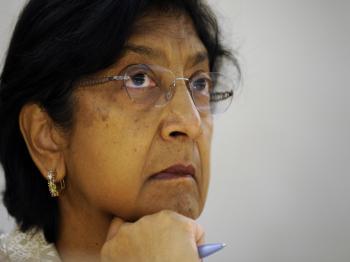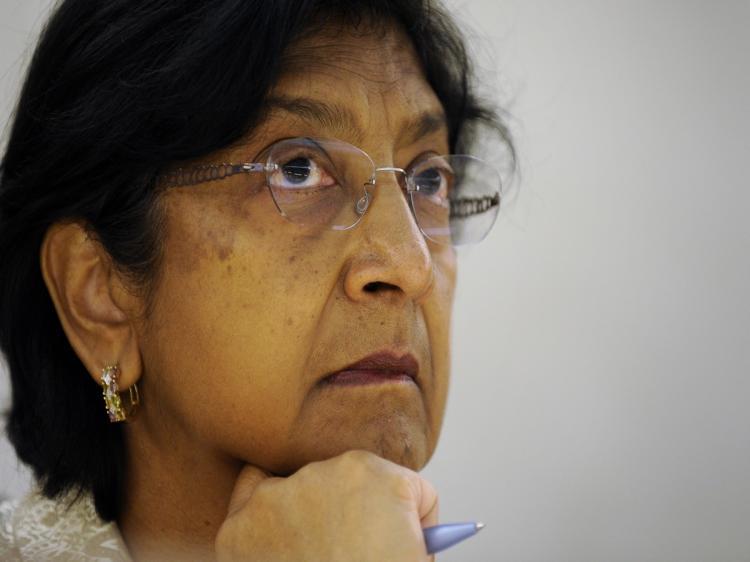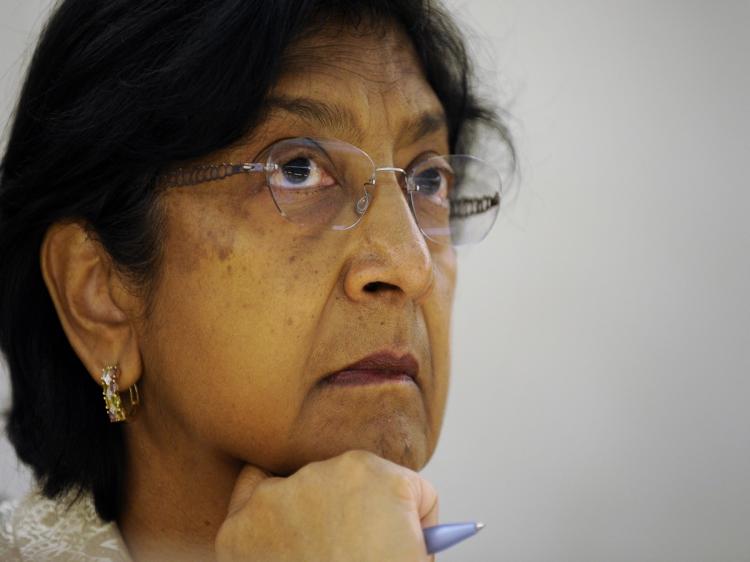|Video Courtesy of NTDTV |
The United Nations has called regional organizations and governments to assist humanitarian operations to southern Kyrgyzstan after days of mass ethnic clashes left at least 179 people dead, about 2,000 injured, and created more than 100,000 refugees.The death toll was confirmed by the country’s Ministry of Health, reported Kyrgyz news agency AKIpress.
According to a rapid assessment by UNICEF staff on the ground of the more than 100,000 refugees that have fled Kyrgyzstan into neighboring Uzbekistan, 90 percent are women and children.






